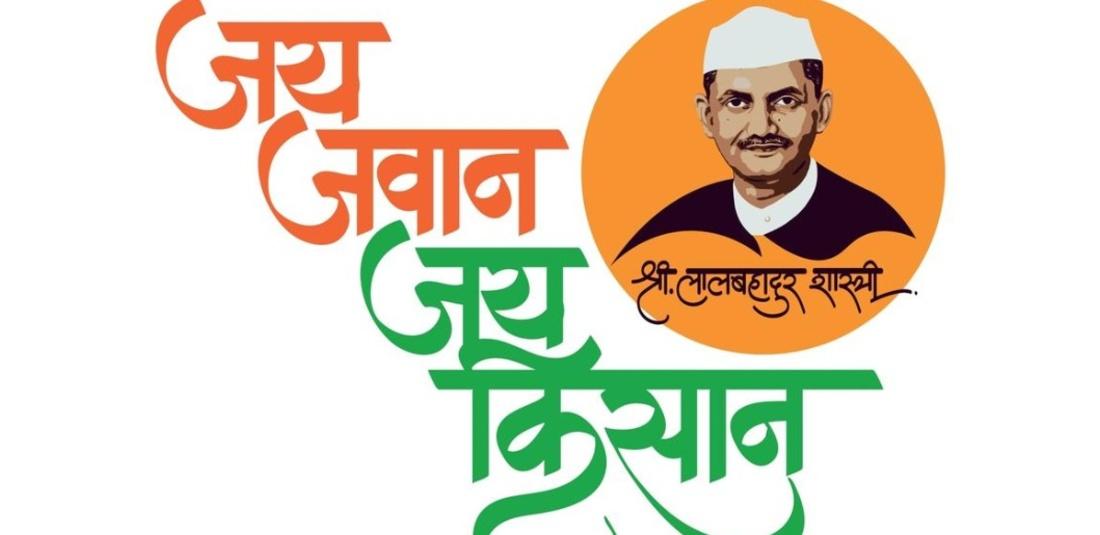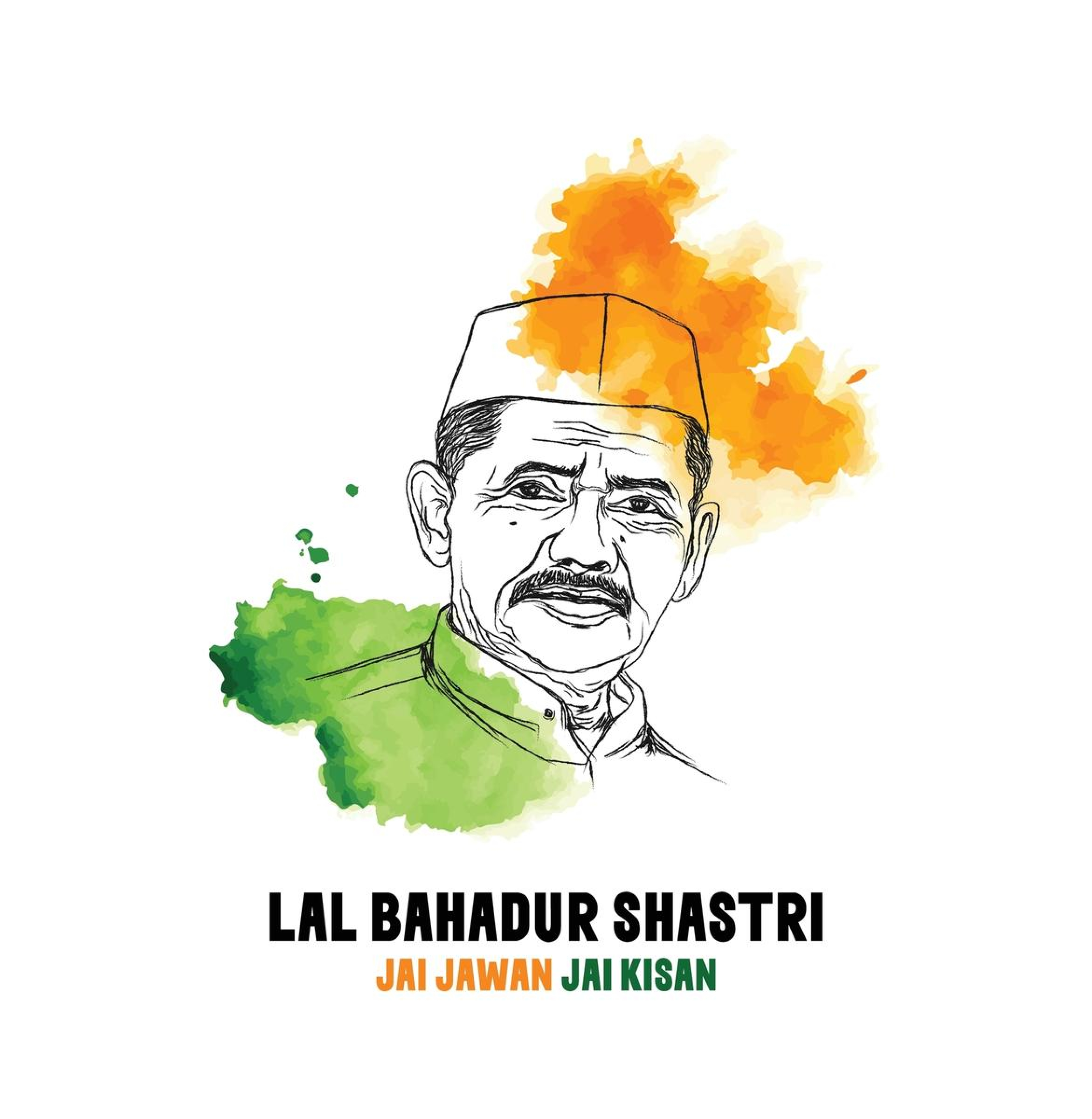Lal Bahadur Shastri Jayanti is celebrated on October 2nd every year to commemorate the birth anniversary of Lal Bahadur Shastri, the second Prime Minister of India. He was a humble and dedicated leader who served the nation with distinction. He is best known for his slogan, “Jai Jawan, Jai Kisan,” which means “Hail the Soldier, Hail the Farmer.” This slogan highlighted the importance of both the armed forces and farmers in the nation’s development.
Significance of Lal Bahadur Shastri Jayanti
Lal Bahadur Shastri Jayanti is a significant day in India’s calendar because it is an opportunity to remember and celebrate the life and legacy of a great leader. He was a man of integrity and humility who was deeply committed to the welfare of the people. He led the country through a challenging period, including the Indo-Pakistani War of 1965. Despite these challenges, he remained steadfast in his commitment to peace and non-violence.
Legacy of Lal Bahadur Shastri
Lal Bahadur Shastri is remembered for his simple lifestyle, his dedication to public service, and his unwavering commitment to the principles of truth and non-violence. He was a role model for many and his legacy continues to inspire generations.
Contributions of Lal Bahadur Shastri to India
Lal Bahadur Shastri made significant contributions to India in a number of areas, including:
- Economy: He launched the White Revolution, which led to India’s self-sufficiency in milk production. He also introduced the Green Revolution, which boosted agricultural productivity.
- Education: He expanded access to education by opening new schools and colleges. He also introduced the mid-day meal scheme, which provided free meals to schoolchildren.
- Foreign Policy: He pursued a policy of non-alignment and promoted peace and friendship with all nations. He also played a key role in the formation of the Non-Aligned Movement (NAM).
Celebrating Lal Bahadur Shastri Jayanti
Lal Bahadur Shastri Jayanti is celebrated with a variety of programs and events across India. These events include speeches, seminars, exhibitions, and cultural performances. Tributes are paid to him at his memorials in New Delhi and other parts of the country.

Lal Bahadur Shastri Jayanti: A Time for Reflection
Shastri’s ji Jayanti is a time to reflect on the life and legacy of a great leader. It is also a time to reaffirm our commitment to the values that he stood for, such as simplicity, integrity, and dedication to public service.
Conclusion
Lal Bahadur Shastri was a visionary leader who left a lasting legacy in India. He was a man of integrity and humility who was deeply committed to the welfare of the people. He led the country through a challenging period, but he remained steadfast in his commitment to peace and non-violence. His life and work continue to inspire generations.
Also read: Ritesh Agarwal Joins Shark Tank India Season 3 as Youngest Shark
Additional Units
Lal Bahadur Shastri: A Life of Dedication
Lal Bahadur Shastri was born on October 2, 1904, in Mughalsarai, Uttar Pradesh. He came from a humble background and had to overcome many challenges in his life. However, he was determined to make a difference in the world and he dedicated his life to public service.
Shastri’s Role in the Indian Freedom Movement
Shastri ji joined the Indian National Congress in 1921 and actively participated in the Indian freedom movement. He was imprisoned several times by the British authorities for his participation in non-violent protests.
Shastri’s Contributions as a Minister
After India’s independence in 1947, Lal Bahadur Shastri served as a minister in the governments of Jawaharlal Nehru and Indira Gandhi. He held a number of important portfolios, including Railways, Transport, and Home Affairs. He was also instrumental in the development of India’s Five-Year Plans.
Shastri’s Prime Ministership
Shastri ji became Prime Minister of India in 1964 after the death of Jawaharlal Nehru. He led the country through the Indo-Pakistani War of 1965 and the subsequent Tashkent Agreement. He is also remembered for his economic reforms.





